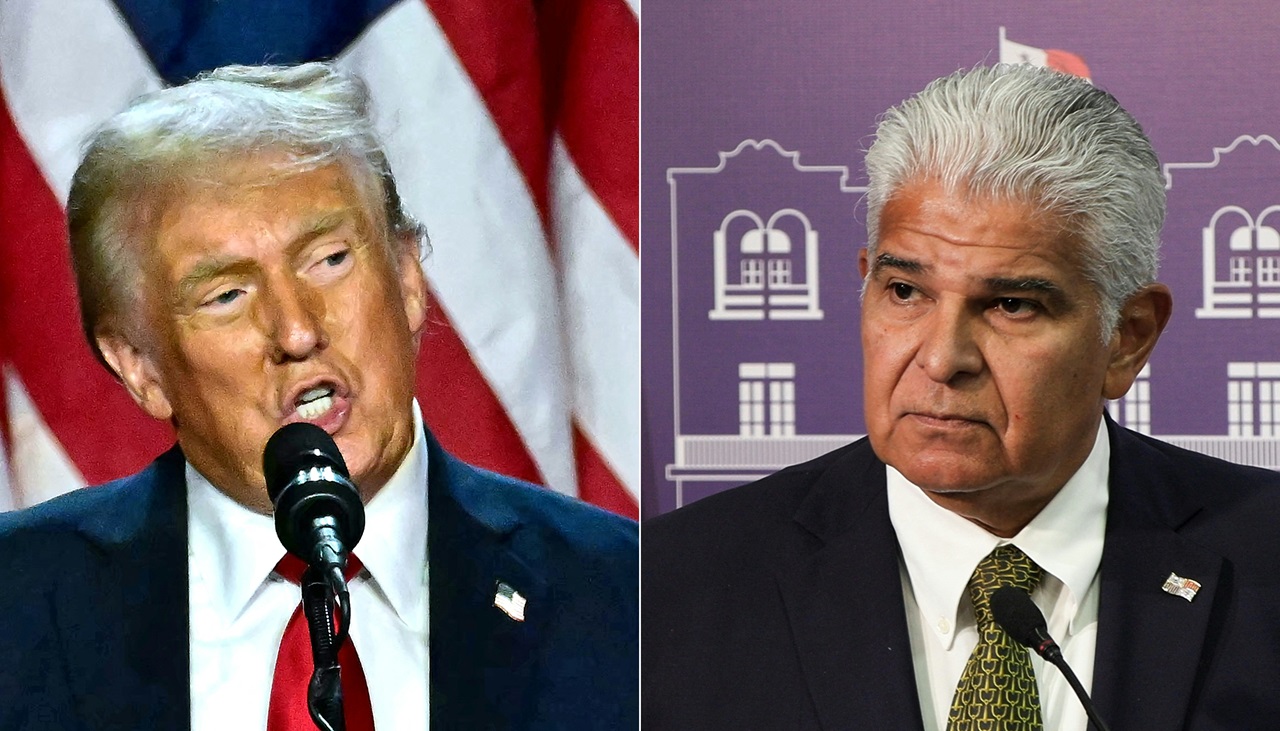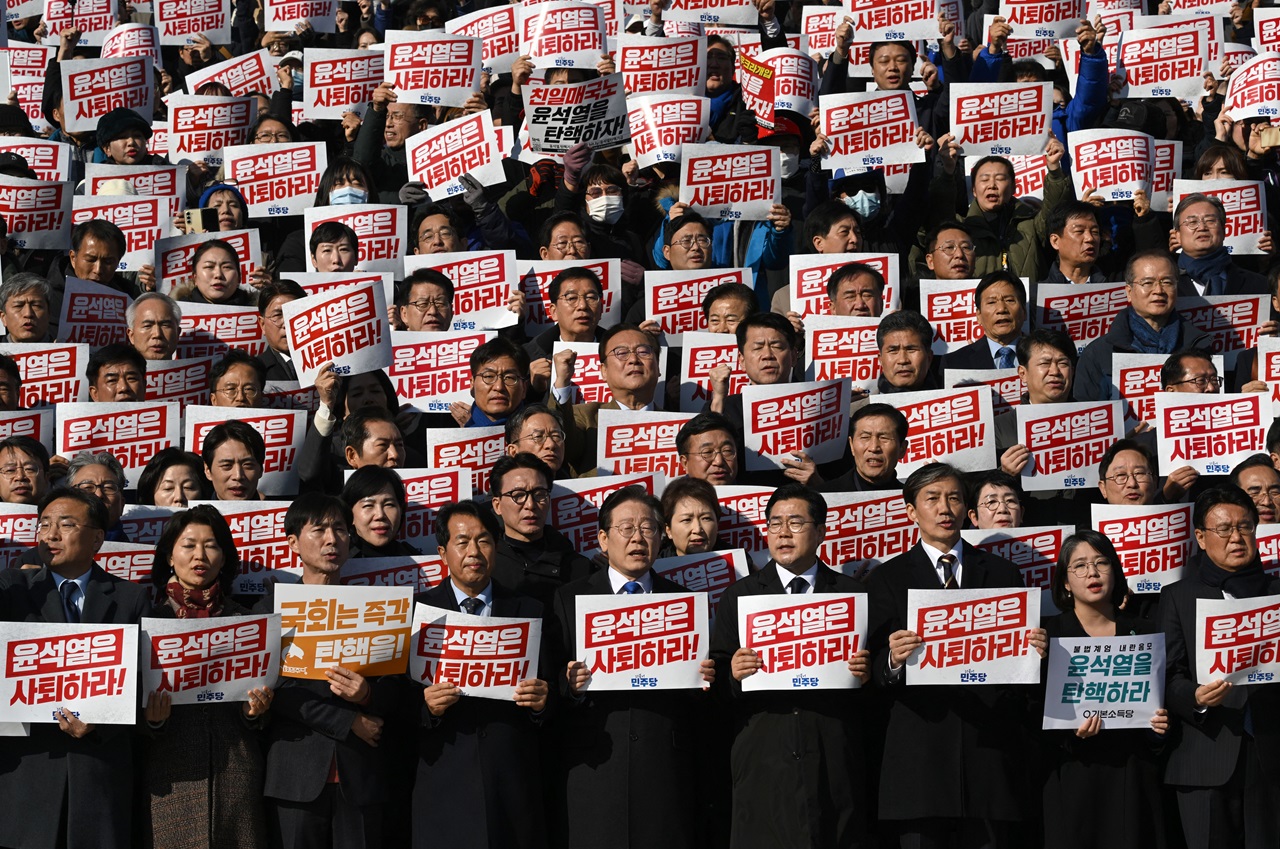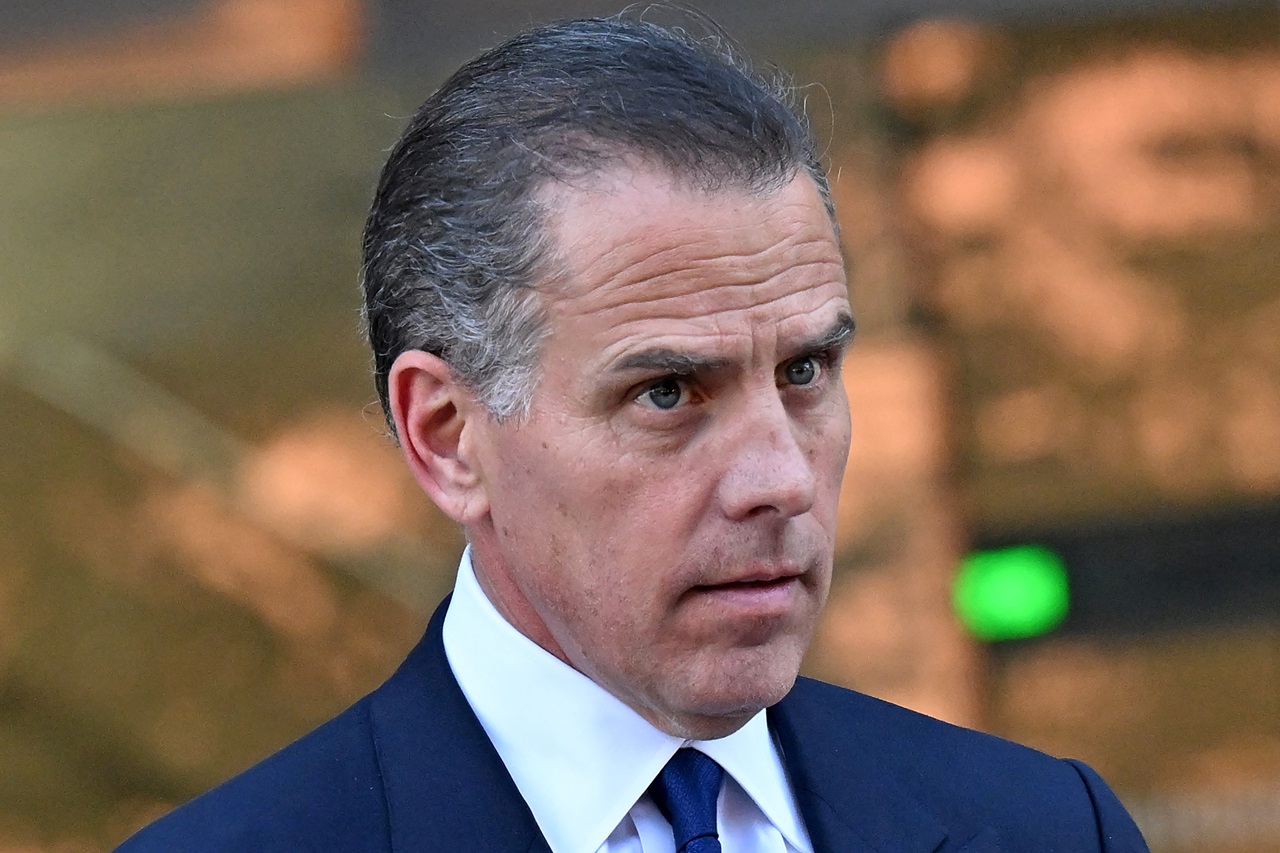Doug Mastriano’s first foray into Philly campaign was a Hispanic Town Hall
In a loosely crowded room of Hispanic business owners, pastors, and congregants eagerly waiting for PA Republican Gubernatorial candidate Doug Mastriano’s Philadelphia rally, was Mery Tony Pierre-Jean, a Haitian entrepreneur whose attendance was on behalf of the Philadelphia Haitian Chamber of Commerce, a membership-based organization where she serves as its vice president.
Pierre-Jean, a Mastriano supporter, said she was looking forward to hearing the Republican State Senator’s take on small business development, particularly as it pertained to her community of Haitian business owners.
“We [want to] come here and support our next Governor, and see how we can get our voice heard,” said Pierre-Jean, who is also in talks with the Small Business Union to sway Mastriano into a Haitian-centric Town Hall.
For her, the focus is on business development, a facet of his campaign that drew her by way of the business league that hosted the event. Although the PA Senator has not addressed the Haitian community, Pierre-Jean said his values are aligned with those of her own, namely, his faith-centered platform.
She continues to hold up hope in an effort to get Mastriano to the Haitian community, who she says they don’t know enough about.
“They’ve heard of him,” Pierre-Jean told AL DÍA. “But they don’t know exactly who he is. We would love to meet him one day in the community.”
Mastriano’s campaign efforts are nothing short of controversial — constantly surrounded by jittery aids that make it difficult for press approaches, providing a very small glimpse of the inner workings of his gubernatorial bid.
Abortion, guns, and 'woke propaganda' are the fuel to his run, and they are subjects that dominate his talking points, similar to his Republican counterparts in different states who’ve long rested on former President Donald Trump’s agenda.
And at a rally scheduled to ostensibly discuss the city’s diverse business community, Mastriano and his team had other plans. At the rally, supporters were drawn by his “valued-focused” talking points, a strategy he leverages to access the more fragile sensitivities of a concerned voting bloc. He kept a cheery disposition as he addressed the crowd.
Juan Carlos Salas is the Latino Outreach Coordinator for Mastriano and has been at the front lines of the campaign’s efforts to reach into the Hispanic community to reinforce values as a pathway to policy.
“What we’ve learned recently is that us Latinos? We have values. We came to this country to reinvent ourselves. When you join a government or a candidate who listens to you and shares your values, it doesn’t cost much for you to understand the message,” Salas noted of the overall reception, which he said has been fruitful for the campaign.
Salas went on to call the Hispanic response toward Mastriano overwhelming, while also underlining some successes after vying for the Hispanic vote.
Mastriano has kept to himself throughout his run, and access to his campaign has proven to be a real challenge for journalists, but Fernando Suárez, leader of the business league hosting the event, attributes the silence to backlash.
The event hall was filled with campaign signs that read “Latinos por Mastriano,” and the rally staff often requested that guests fill up seats in the front-most rows of the room.
“If you’re a Hispanic Republican, and in my field of business owners, we tend to be quiet for several reasons,” said Suárez amid a protest that erupted before Mastriano’s arrival to the Deja Vu Social Club on North Fifth Street in North Philadelphia.
“We get frowned upon, drastically, if we say ‘this is what we need,’” Suárez continued. The business union’s rep said he was not concerned with the protests, and several members of the Republican Hispanic camp welcomed the protesters.
Many of Suárez’s talking points were reiterated in Mastriano’s forum, where he honed in on crime, education, and ostensibly a conversation about the importance of supporting small businesses, though no specific policy was outlined.
CONTENIDO RELACIONADO
The Stater Senator often circled his references around the COVID-era shut-downs in 2020, across the nation that disproportionately affected small businesses, many of which closed down while state and federal agencies worked to operationalize a response to the pandemic.
Supporters cheered as Mastriano slammed Pennsylvania Gov. Tom Wolf on all policy issues, as he continued to emphasize God at the heart of the values that guide his campaign run.
Those speeches did well with the congregants of Iglesia Cristiana Avivamiento, whose members attended for a period of time before exiting the premises.
“Of the most important points that we chose to support Doug Mastriano is because he favors Jesus Christ, and he is pro-life,” said the church’s pastor.
Congregants agreed with their pastor, and believe that Critical Race Theory and ‘wokeism’ pose a threat to their values.
“We have to support those who align with Christian values,” the pastor continued.
Critical Race Theory is an idea discussed in academic circles to examine the law within the context of race and is not a subject matter present or taught in the Commonwealth’s schools, nor is it a part of the public system’s curriculum.
Outside the event space, protesters gathered to decry Mastriano’s right-wing stances, but campaign officials said they weren’t concerned.
“Always happens,” said a campaign official.
With less than two months until the general election, both Shapiro and Mastriano have ramped up messaging directed at Pennsylvania’s Hispanic community, but continue to navigate differing core values.
In late July, Shapiro, who also functions as the Commonwealth’s Attorney General, toured through North Philadelphia’s Hispanic business community as he laid a pathway to develop them.
Shapiro’s tour — accompanied by Democratic Party-endorsed Quetcy Lozada and resigned 7th district Councilwoman Maria Quiñones Sánchez — was a stark political contrast to Mastriano’s rally, and both approaches show a struggle to grasp Philadelphia’s incredibly diverse Hispanic population.










DEJE UN COMENTARIO:
¡Únete a la discusión! Deja un comentario.